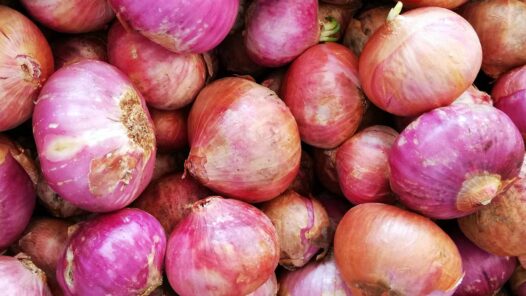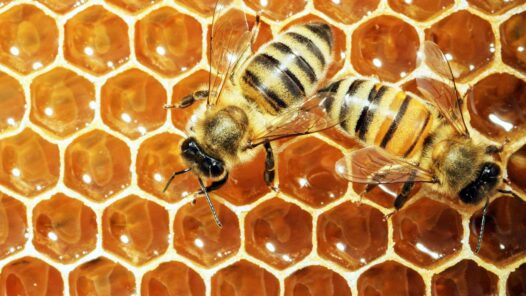Twice a day the River Thames recedes, revealing a muddy shoreline. Hobbyists known as mudlarks stroll the surface searching for objects that have found their way into the river over the centuries, everything from ancient Roman jewelry to modern...
Scientists have named some recently discovered species of tree frogs after characters from Star Trek. Why? Because of the boops and trills and other sounds that these frogs make. And: naming your children with the virtues you hope they’ll...
Do people who work together sound alike? Yes! Over time, they may begin to develop similar patterns of speech, or what might be called an “occupational accent” that helps them communicate efficiently. Also, lots of familiar words in...
What exactly is a planet? Controversy over this question led to Pluto’s redefinition, along with a brand-new English word. And: Some people now use the phrase all the things! to mean and whatnot or you know what I mean. This new sense of all...
If you make a beeline for something, you’re taking the shortest route possible. You’re also mimicking bee-havior! After a bee has visited enough flowers to gather nectar, she flies straight back to the hive. And: Even a word like...
When a listener from Buffalo, New York, was a child, she was told to stop being so rutschy, or in other words, to stop being so “fidgety.” Rutsch, meaning “to squirm,” and its variants, which include rooch and roosh, come...







